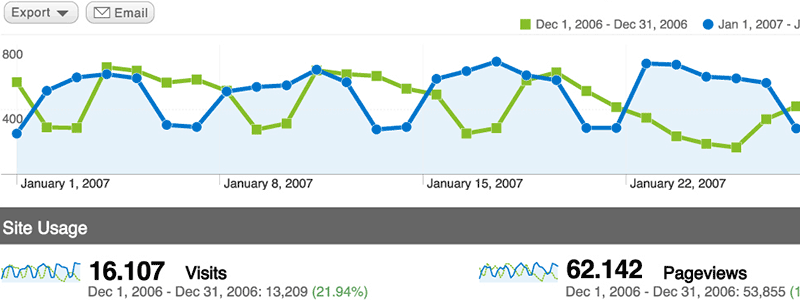One of the aspects of search engine optimization I really enjoy is how many different paths there are to reach the same end-goal. Be it social media, content marketing, blogger outreach, on-page optimization, becoming an industry resource, etc. The options for marketing a website (and in turn gaining links) are almost limitless, but as you might imagine limitless options often come with confusion and analysis paralysis.
The simple truth is, as long as you exercise discretion in how you go about it, there really isn’t a single, predetermined right or wrong method to SEO. In other words, in what is essentially traditional marketing with a few technical twists, the end goal is to gain more exposure for your product, brand, service, etc. With a little imagination and equal part common sense, you can achieve a lot regardless of budget.
That said, as the old adage goes, you can have it Fast, Good or Cheap – Pick Two. Just because there are nearly limitless possibilities in SEO/link building/outreach, that doesn’t mean all or most of them are quick or free. I might even amend that old adage to say, you can have it Fast, Good, Cheap or Safe – Pick three. As we’ve all seen with the link disavow panic that’s spread over the last year or so, exercising discretion can mean different things at different times.
In the past, many SEO’s built link farms with little to no real purpose or value, other than providing the client a back-link. Even when it worked, it worked to a lesser degree than a reputable link source, but with enough links from link farms you could indeed affect your ranking in the search results.
Going all the way back to May 2010 (and possibly before), Google was on the warpath for “Link farms”. Then in February 2011 a Google algorithm update, referred to as Panda, changed the SEO landscape forever. In one fell swoop (and several more afterwards) many of the link building practices used to date were rendered not only useless, but in many cases detrimental to a sites rankings. An entire sub-field of SEO sprang up around the notion that “bad” links, or links Google determined to be bought, artificial or some other variation of non-relevant, needed to be expunged from the link profiles of websites.
“Toxic” links is a topic for another day, but I bring it up to illustrate the point that exercising discretion in web marketing is more important than ever. It can take as long or longer (if even possible) to remove a bad link than gain a good one. Keep this in mind when link building and you’ll spend more time gaining traffic and less time undoing mistakes.

